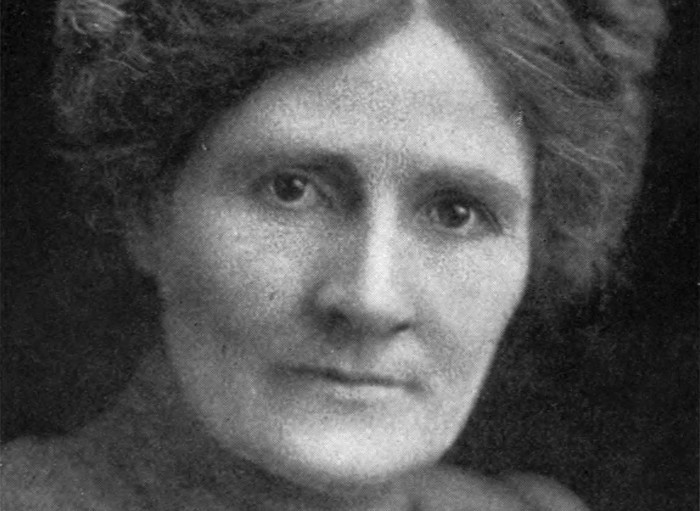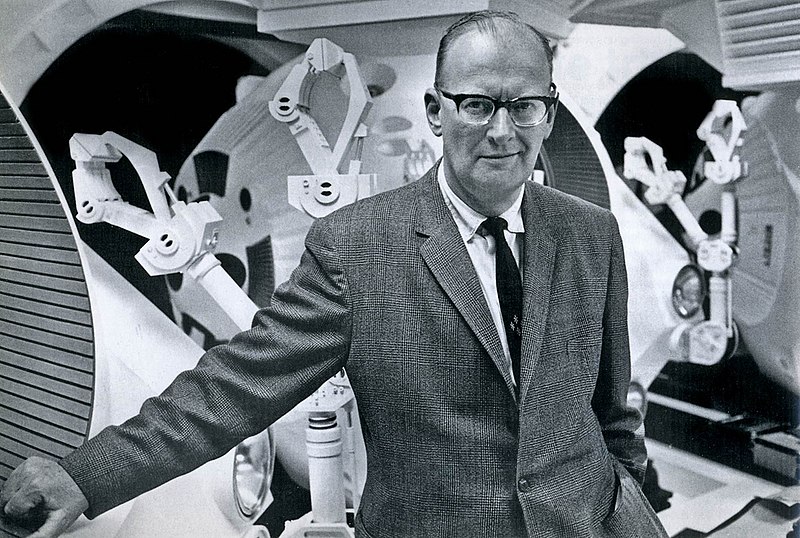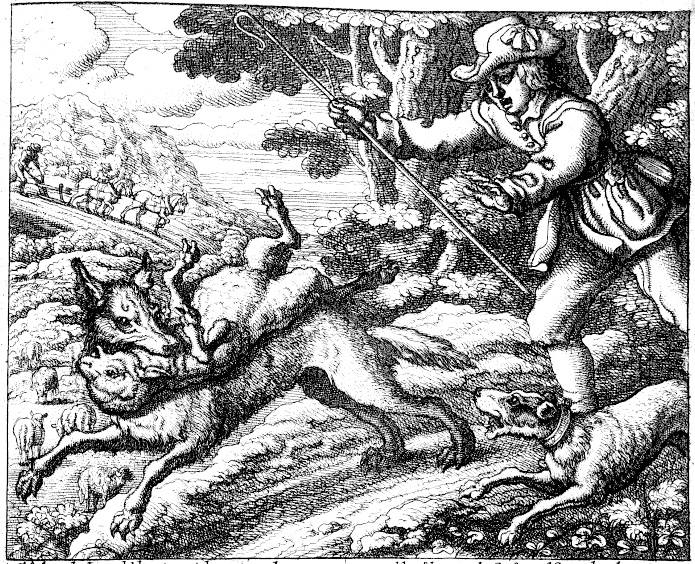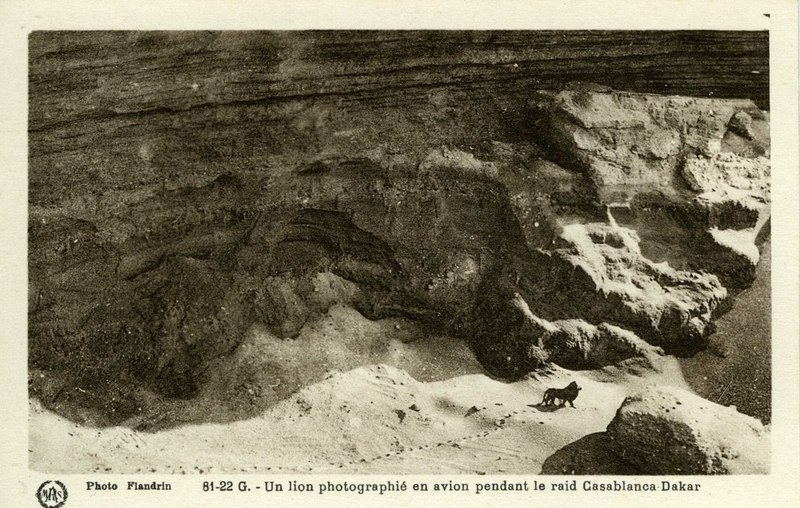“The reuse of this sentence is forbidden.” — Stephen M. Katcher
Lucky Seven
A puzzle from the National Security Agency’s Puzzle Periodical, posed by NSA mathematician David G. in March 2017:
Each die of a pair of non-identical dice has six faces, but some numbers are missing, others are duplicated, and some faces may have more than six spots.
The dice can roll every number from 2 to 12.
What is the largest possible probability of rolling a 7?
In a Word
amphiscians
n. inhabitants of the tropics
angustation
n. the condition of being narrowed, constricted, limited, or confined
caducity
n. frailty, transitoriness
avolation
n. the act of flying away
This is the song of the last male Kauaʻi ʻōʻō, recorded in the Alaka’i Wilderness Preserve on Kauaʻi in 1987. Rats, pigs, hurricanes, and disease-carrying mosquitoes had reduced the species to a single pair by 1981, and the female was not found after Hurricane Iwa in 1982. The male was last seen in 1985. This appears to be his song, overheard two years later, the last trace of a vanishing species.
One World
In 1922, Baltic German teacher and linguist Edgar de Wahl offered a new language to facilitate communication between people from different nations. He called it Occidental, and designed it so that many of its words will be recognizable by those who already know a Romance language:
Li material civilisation, li scientie, e mem li arte unifica se plu e plu. Li cultivat europano senti se quasi in hem in omni landes queles have europan civilisation, it es, plu e plu, in li tot munde. Hodie presc omni states guerrea per li sam armes. Sin cessa li medies de intercomunication ameliora se, e in consequentie de to li terra sembla diminuer se. Un Parisano es nu plu proxim a un angleso o a un germano quam il esset ante cent annus a un paisano frances.
“Material civilization, science, and even art unify themselves more and more. The educated European feels himself almost at home in all lands that have European civilization, that is, more and more, in the entire world. Today almost all states war with the same armaments. Without pause the modes of intercommunication improve, and in consequence from that the world seems to decrease. A Parisian is now closer to an Englishman or a German than he was a hundred years before to a French peasant.”
It gained a small community of speakers in the 1920s and 1930s and had largely died out by the 1980s — but in recent years it’s seen a resurgence on the Internet as Interlingue.
Tribute
Every species of spider in the genus Predatoroonops takes its name from an element in John McTiernan’s 1987 film Predator:
Predatoroonops anna: For the character Anna Gonsalves, played by Elpidia Carrillo
Predatoroonops billy: For the character Billy Sole, played by Sonny Landham
Predatoroonops blain: For the character Blain Cooper, played by Jesse Ventura
Predatoroonops dillon: For the character George Dillon, played by Carl Weathers
Predatoroonops dutch: For the character “Dutch” Schaeffer, played by Arnold Schwarzenegger
Predatoroonops maceliot: For the character “Mac” Elliot, played by Bill Duke
Predatoroonops poncho: For the character “Poncho” Ramirez, played by Richard Chaves
Predatoroonops rickhawkins: For the character Richard Hawkins, played by Shane Black
Predatoroonops schwarzeneggeri: For Schwarzenegger
Predatoroonops vallarta: For Puerto Vallarta, Mexico, a filming location
Predatoroonops valverde: For Val Verde, the fictional country where the film takes place
Predatoroonops chicano: An alternate nickname for Poncho
Predatoroonops mctiernani: For McTiernan
Predatoroonops olddemon: In Anna’s village the Predator is known as a “demon who makes trophies of men”
Predatoroonops peterhalli: For Kevin Peter Hall, the actor who played the creature
Predatoroonops phillips: For the character Homer Phillips, played by R.G. Armstrong
Predatoroonops yautja: The name of the Predator species in the expanded universe
Also: In Predator 2, the Predator’s trophy case contains the head of an alien from the Alien franchise:
Sesquipedalian
In the August 1841 issue of Graham’s Magazine, Edgar Allan Poe published a cryptogram composed by a Doctor Frailey of Washington and offered a year’s subscription to any reader who could solve it. In October he published the solution, which he’d managed to find:
In one of those peripatetic circumrotations I obviated a rustic whom I subjected to catechetical interrogation respecting the nosocomical characteristics of the edifice to which I was approximate. With a volubility uncongealed by the frigorific powers of villatic bashfulness, he ejaculated a voluminous replication from the universal tenor of whose contents I deduce the subsequent amalgamation of heterogeneous facts. Without dubiety incipient pretension is apt to terminate in final vulgarity, as parturient mountains have been fabulated to produce muscupular abortions. The institution the subject of my remarks, has not been without cause the theme of the ephemeral columns of quotidian journalism, and enthusiastic encomiations in conversational intercourse.
He was upbraided in November by a Richard Bolton of Pontotoc, Mississippi, who’d sent in a solution but received no credit. Poe redressed the error and added, “Your solution astonished me. You will accuse me of vanity in so saying — but truth is truth. I make no question that it even astonished yourself — and well it might – for from at least 100,000 readers — a great number of whom, to my certain knowledge, busied themselves in the investigation — you and I are the only ones who have succeeded.”
Podcast Episode 331: The Starvation Doctor

In 1911 English sisters Claire and Dora Williamson began consulting a Seattle “fasting specialist” named Linda Burfield Hazzard. As they underwent her brutal treatments, the sisters found themselves caught in a web of manipulation and deceit. In this week’s episode of the Futility Closet podcast we’ll tell the story of the Williamsons’ ordeal and the scheme it brought to light.
We’ll also catch a criminal by the ear and puzzle over a prohibited pig.
Spaceship Away

The standards for the British science fiction comic Dan Dare, Pilot of the Future were so high that the editors hired a young Arthur C. Clarke to serve as science and plot adviser. Clarke wrote to publisher Marcus Morris in spring 1950:
I think this might amuse you. Yesterday I was lecturing at the Royal Geographical Society on the problem of interplanetary navigation … After a highly technical series of remarks, [one of the other speakers] ended up by asking ‘Will Dan Dare reach Venus?’
He did. Clarke left the job after six months — he was said to have thought that “the standard of work and research was so high that they were wasting their money getting him to check it.”
(From Jason Dittmer, Comic Book Geographies, 2014.)
The Short of It

A boy, who kept watch on a flock of sheep, was heard from time to time to call out, ‘The Wolf! The Wolf!’ in mere sport. Scores of times, in this way, had he drawn the men in the fields from their work. But when they found it was a joke, they made up their minds that, should the boy call ‘Wolf’ once more, they would not stir to help him. The wolf, at last, did come. ‘The Wolf! The Wolf!’ shrieks out the boy, in great fear, but none will now heed his cries, and the wolf kills the boy, that he may feast on the sheep.
One knows not how to trust those who speak lies, though they may tell one the truth.
— From Lucy Aikin, Æsop’s Fables in Words of One Syllable, 1868
Last Look

Flying from Casablanca to Dakar in 1925, French military photographer Marcelin Flandrin captured this photo in the Atlas Mountains.
It’s the last known image of a wild Barbary lion.
